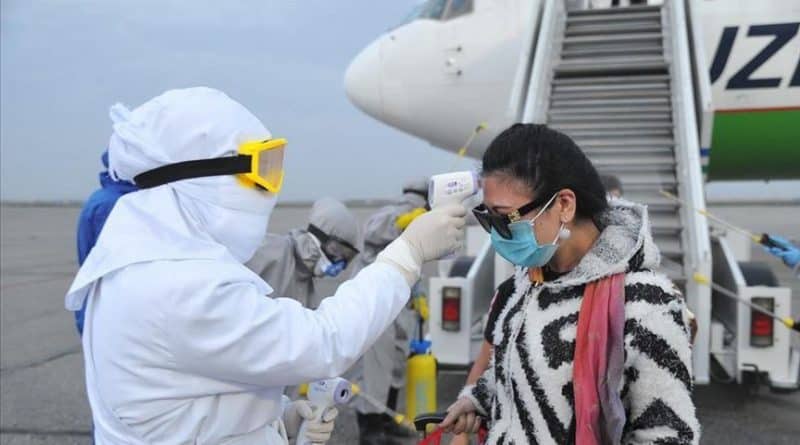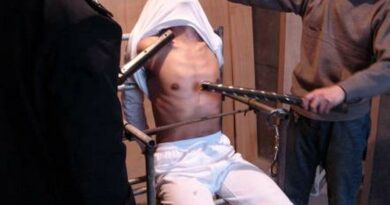HRW: under the pretext of combating COVID-19, Uzbekistan suppresses dissent
On April 29, Amnesty International published the report “Countries of the former USSR abuse repressive measures to combat COVID-19”. Human rights defenders are confident that the authorities “respond to the pandemic with repressive and violent measures that are in no way consistent with their human rights obligations”.
The report describes the situation in Uzbekistan, where it is noted that “in response to the COVID-19 pandemic, the Prosecutor General’s office of Uzbekistan created an interagency working group to monitor social networks for “fake news” or false information about the spread of infection. By March 17, this group had already identified 33 social media accounts through which it was alleged that false information was spreading, playing havoc and destabilizing the situation; all owners of these accounts were severely punished.”
“As the COVID-19 pandemic unfolds in the region, it seems that many governments are more interested in suppressing dissent than protecting public health,” said Heza McGill, Amnesty International researcher for Central Asia.
On March 26, Uzbekistan introduced even more severe penalties for false information about the progress of the spread of the virus. The prison term was increased from 5 to 10 years. Further amendments to the legislation punish “processing or storing” such materials in the form of a fine of up to 89 200 000 sums ($ 8200) or imprisonment for a term of three years.
The report notes the role of citizens’ rallies. Amnesty International accuses self-governing bodies of working for law enforcement agencies, which are informed “about the movement of residents, their habits, compiling lists of those who are critical of the authorities”.
Earlier, ACCA wrote that in distributing humanitarian assistance to those in need, it is the makhalla’s structures that are responsible for the extent of corruption.


